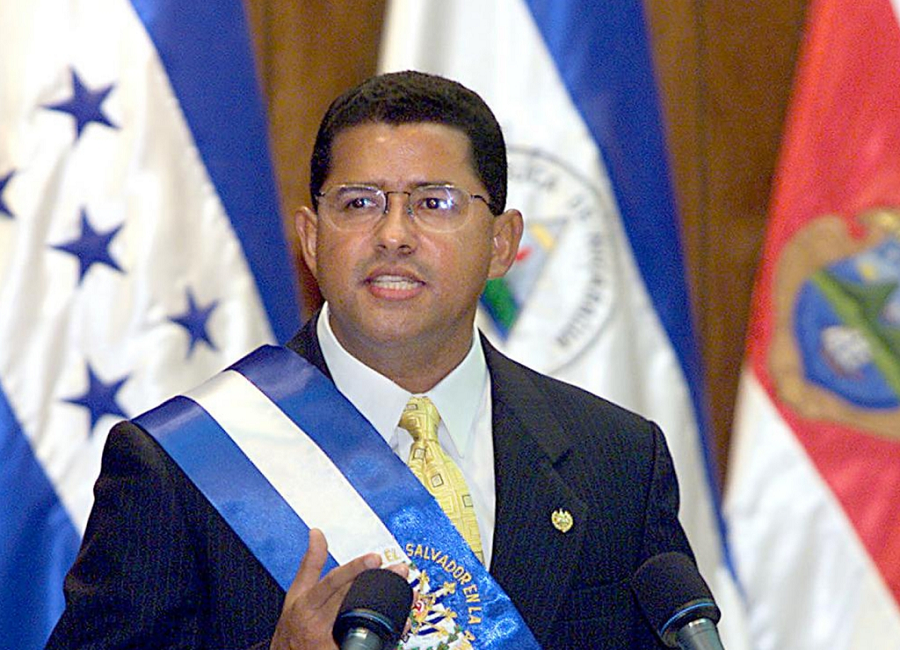Francisco Flores, Tainted Ex-President of El Salvador, Dies at 56
02 Feb 2016Francisco Flores, a former president of El Salvador who was facing charges of diverting $15 million in contributions for earthquake victims to his personal and political party accounts, died on Jan. 30 in San Salvador. He was 56.
His death, of a cerebral hemorrhage, was announced by the Nationalist Republican Alliance, or Arena, the conservative party that has controlled the presidency for two decades, beginning in 1989.
Mr. Flores had been under house arrest since November 2014.
He was accused of illegal enrichment by embezzling donations from the Taiwanese government that were intended for earthquake survivors in 2001. Taiwan was grateful to El Salvador for supporting Taiwan’s application for membership in the United Nations.
In December, a Salvadoran judge ordered Mr. Flores to stand trial on charges of pocketing $5 million personally and disbursing $10 million to his party’s coffers. He insisted that the money had been distributed properly to deserving victims. Despite Mr. Flores’s death, the authorities are likely to pursue civil litigation to recover the funds.
When he was inaugurated for a five-year term in 1999 at the age of 39, Mr. Flores, a philosopher and an accomplished horse trainer, was the youngest president in the Americas. He was considered the most pro-United States leader in the Western Hemisphere.
Francisco Guillermo Flores Pérez was born in Santa Ana, El Salvador, on Oct. 17, 1959, to Ulises Flores, an economist, and the former Maria Leonor Pérez.
He graduated with a degree in political science from Amherst College in Massachusetts, and studied at Harvard University and Trinity College at Oxford University.
He is survived by his wife, the former Lourdes Rodríguez, and their two children, Juan Marco and Gabriela.
He became a vice minister in 1989, during the presidency of Alfredo Cristiani, and was instrumental in drafting a new constitution after a cease-fire with left-wing guerrilla groups in 1992 brokered by the United Nations. He was elected to the unicameral National Assembly in 1994 and was chosen as its president in 1997.
In the legislature, he earned a reputation as a peacemaker. But that was belied during the presidential campaign, when he refused to engage his opponent, a former guerrilla commander, in a debate, as well as during his presidency, when he was accused of ruling imperiously.
After he was elected, Mr. Flores paid homage to a founder of his party, Roberto d’Aubuisson, a cashiered National Guard officer suspected in several apparent right-wing murders, including the killing of Archbishop Óscar Romero in 1980, during the country’s civil war.
“Let’s remember the values of our founder,” Mr. Flores declared.
His term was marred by two major earthquakes and a drought. He also endured an unpopular adoption of the United States dollar as El Salvador’s official currency.
Source: New York Times
